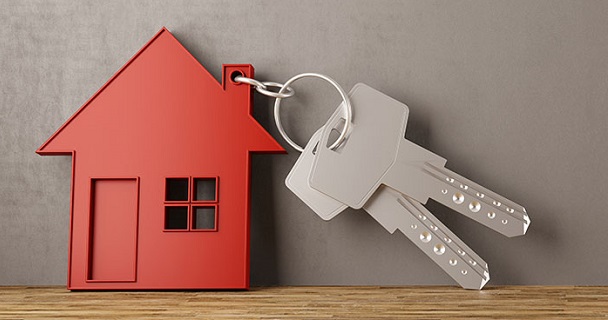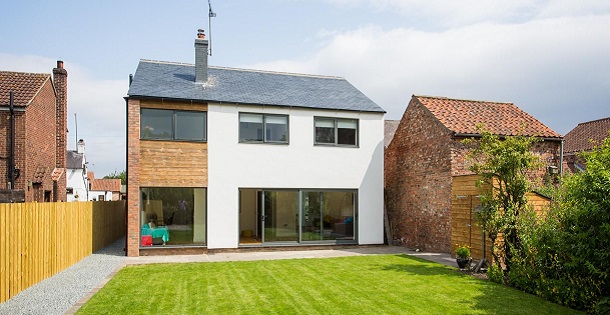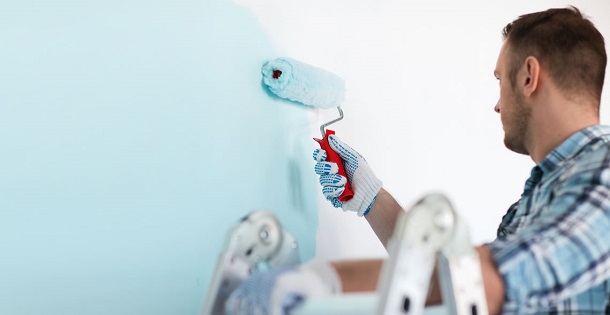
The home buying process can be very confusing, especially to those new to the property market. Along the way, you will likely hear many terms that you simply don’t understand, but it is important to get as much information as you can about the process when buying a property.
You might hear your estate agent, mortgage provider or friends and family talk about various types of surveys and valuations, and it is vital that you properly understand what these mean when you are buying a home. A Mortgage Valuation Survey is a requirement if you are borrowing from a mortgage lender to buy your new property, and this guide explains exactly what a Mortgage Valuation Survey is, how they work and how much you should expect to pay.
What is a Mortgage Valuation Survey?
When you are applying for a mortgage to buy a new property, your mortgage lender will require you to get a Mortgage Valuation Survey, also known as a lender’s valuation. A Mortgage Valuation Survey is specific to the property you are interested in buying and will give your mortgage lender an independent confirmation of how much the property is worth. They can give a rough idea of whether you are paying too little, or too much, for the property, and can reveal obvious and visible defects to the building.
A Mortgage Valuation Survey is the most brief of all the property surveys available and will take just 15 to 30 minutes to complete. They will not uncover anything more than superficial damage to the condition of the property, and other surveys are available for a more thorough inspection. Your mortgage lender will require a Mortgage Valuation Survey as it will give them enough information to determine if the property you want to buy is safe to lend against and if the amount you are buying it for is reasonable.
These types of surveys are usually based on the surveyor’s knowledge of the local area and comparable property prices. Some Mortgage Valuation Surveys may also give you a minimum reinstatement value, which refers to the amount of money it would cost to rebuild the property. This can be used for home insurance policies, and your mortgage lender may ask you to provide evidence that you have suitable insurance in place later down the line.
If you are buying a new build property, then a Mortgage Valuation Survey might be all you need. However, if you are buying an older property that could have other issues that you are not aware of, it can be worthwhile getting a Homebuyers Survey as well.
How does a Mortgage Valuation Survey work?
Your mortgage provider will choose a surveyor to complete the survey on your new property and will usually instruct them to conduct it within two weeks. As the Mortgage Valuation Survey is for the lenders benefit, the report will likely only be 2 or 3 pages in length and provide a brief valuation of the property.
The survey results generally go directly to the mortgage provider, and you might not even see it unless you specifically request to. A Mortgage Valuation Survey will not tell you about any maintenance, repairs or replacements that the property might need. Many buyers will get a Homebuyers Survey done on the property to ensure there are no urgent or structural issues that won’t be detected in a Mortgage Valuation Survey.
If you decide to have a Homebuyers Survey and valuation done on the property instead of a Mortgage Valuation Survey, be sure to check that the value is acceptable to your mortgage lender as if they are not, they could require you to pay for another valuation as well.
What does a Mortgage Valuation Survey cost?
In most cases, when you are buying a property, you will be required to pay for the Mortgage Valuation Survey to take place. They can cost anywhere between £150 and £1,500 depending on the property value and size.
Most mortgage lenders will ask you to pay this fee when you make your mortgage application, so it is important to calculate this into your finances. Some mortgage lenders won’t charge you for a Mortgage Survey Valuation, and the cost will be included for free for choosing them as your provider.
A low mortgage valuation can cause problems, and your mortgage lender could ask for a higher deposit to reduce their risk. If you do get a valuation significantly lower than the amount you have agreed, you can use this for further negotiations with the seller.







